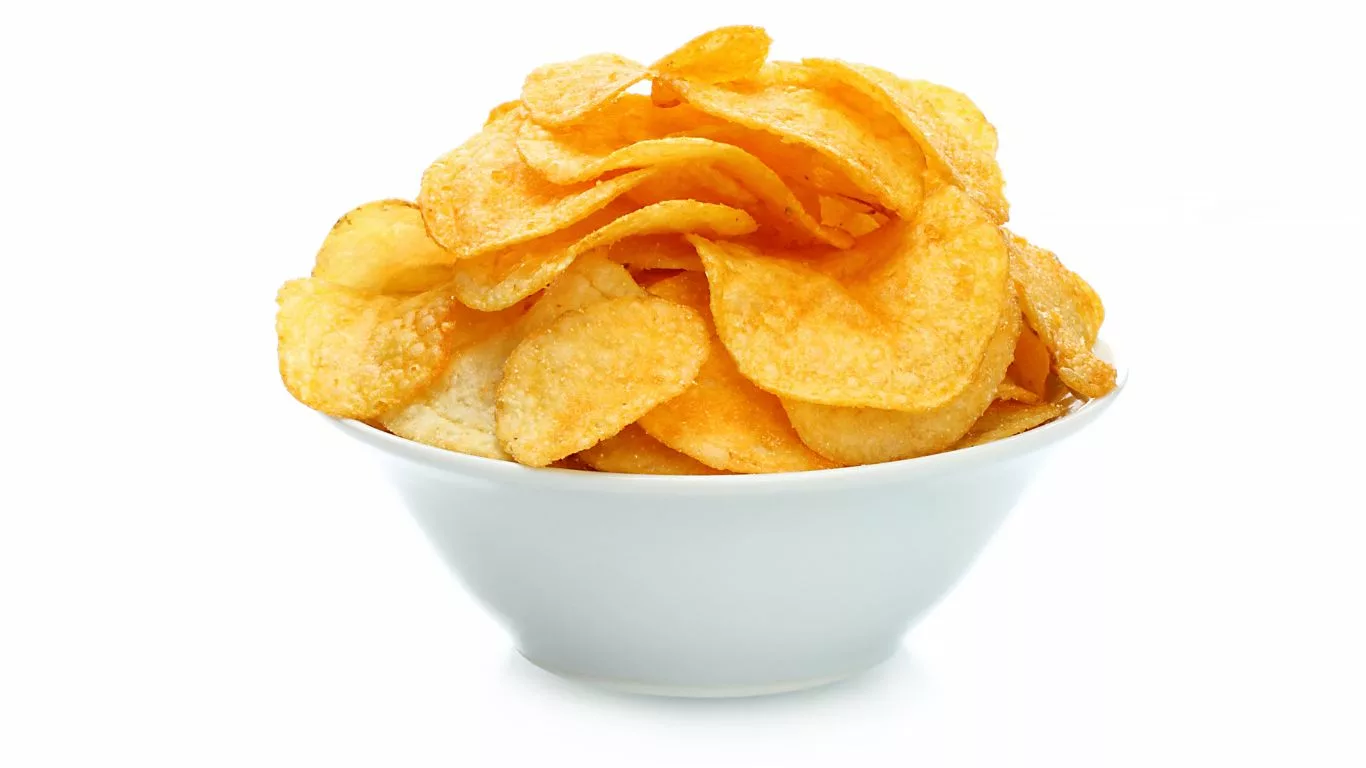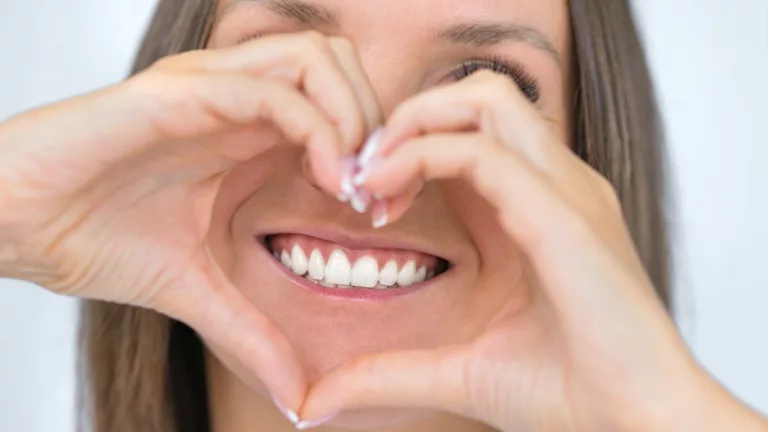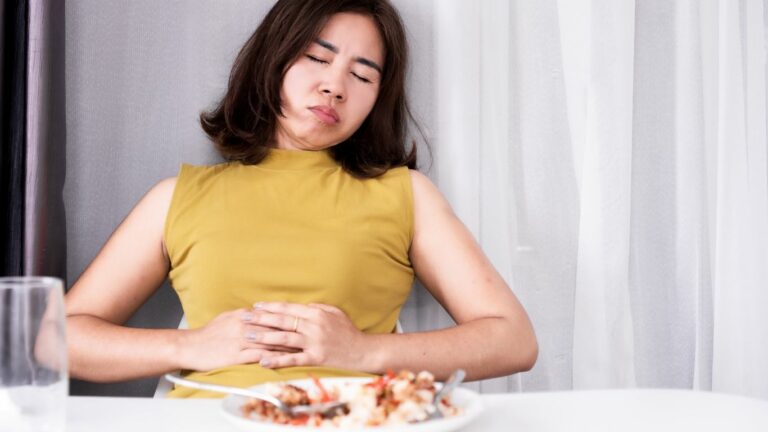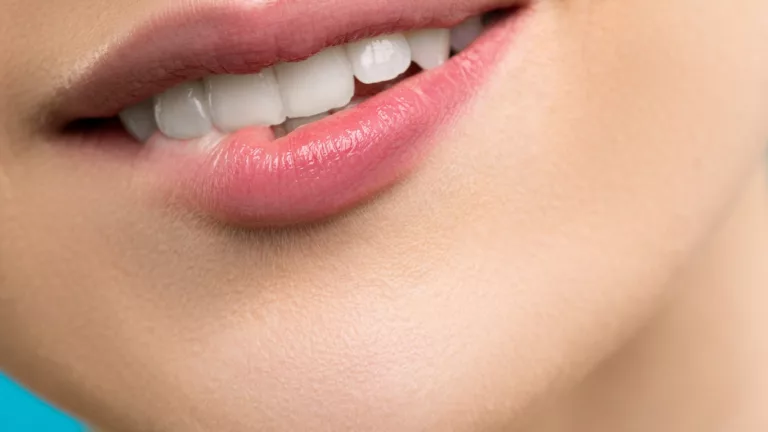Can You Eat Potato Chips with Braces? – A Comprehensive Guide
Curious about eating potato chips with braces? Explore potential risks, safe alternatives, and practical tips for maintaining your braces while enjoying snacks.
Eating with braces requires some adjustments to your diet, as certain foods can pose challenges. Potato chips, a beloved crunchy snack, can be particularly troublesome for braces wearers. In this extensive guide, we delve into why potato chips might not be ideal for your braces, offer better snack alternatives, and provide practical advice to help you enjoy your favorite treats without compromising your orthodontic care.
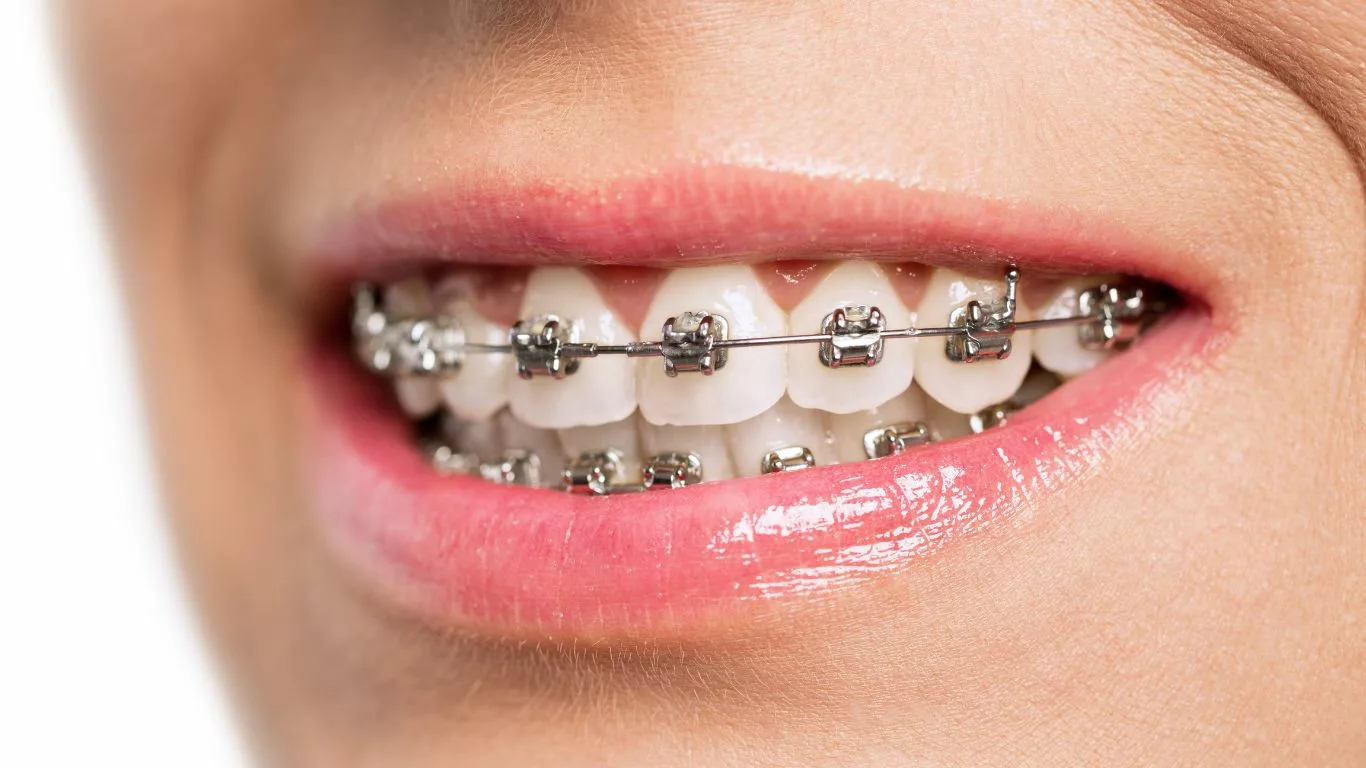
Why Are Potato Chips Problematic for Braces?
Potato chips, known for their crispiness and satisfying crunch, may seem like a harmless snack. However, they come with potential issues for those with braces:
Potential for Damage
Potato chips are hard and crunchy, which can exert significant pressure on your braces. This pressure can lead to:
- Broken Brackets: The force needed to bite into and chew chips can damage or break the brackets glued to your teeth.
- Bent Wires: Crunching chips can cause the wires connecting your braces to become misaligned or bent, requiring adjustment by your orthodontist.
Risk of Food Particles
The texture of potato chips means they often break into small, sharp pieces that can:
- Get Stuck: Small pieces of chips can get lodged in the gaps between your teeth and braces, making them difficult to remove.
- Cause Plaque Buildup: Food particles trapped in your braces can lead to plaque accumulation, which increases the risk of tooth decay and gum disease.
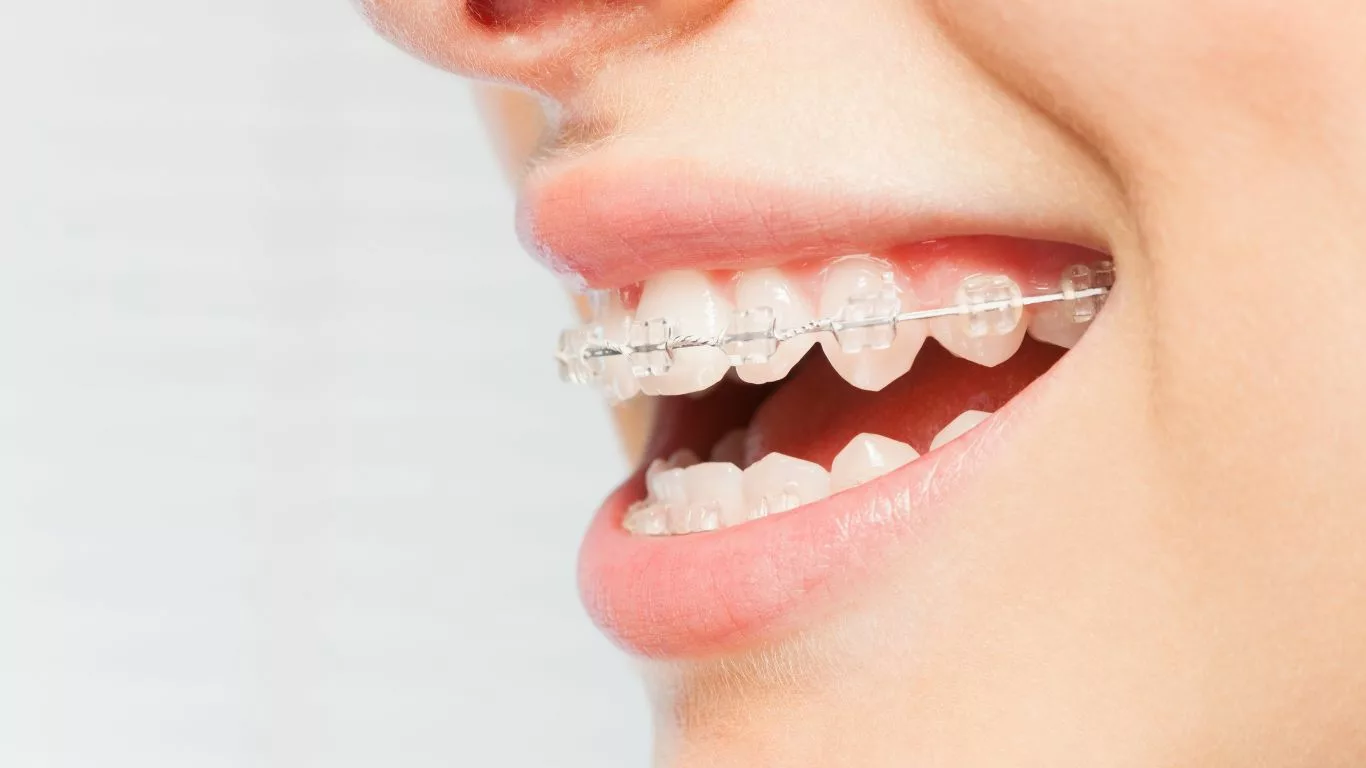
Safe Alternatives to Potato Chips
Fortunately, there are several snack alternatives that are kinder to your braces while still satisfying your crunch cravings:
Baked Chips
Baked chips are a softer option compared to regular potato chips. They are less likely to cause damage to your braces. When choosing baked chips, look for varieties that are low in sodium and free from added sugars to maintain overall health.
Vegetable Sticks
Raw vegetables like carrots, celery, and cucumbers are not only crunchy but also gentler on braces. Here are some tips:
- Cut into Small Pieces: Chop vegetables into small, manageable pieces to make them easier to chew and reduce the risk of damaging your braces.
- Cooked Options: Lightly cooked vegetables are another good option as they are easier to chew and still offer a satisfying crunch.
Fruit Options
Certain fruits are softer and less likely to damage your braces. Consider:
- Apples: Slice apples thinly to make them easier to eat.
- Bananas: Bananas are soft and gentle on braces, making them a great snack choice.
Soft Nuts and Seeds
Soft nuts like cashews and seeds such as sunflower or pumpkin are less likely to cause problems. Make sure they are not too hard or sticky, as this can still pose a risk.

Practical Tips for Eating Snacks with Braces
Maintaining your braces while enjoying snacks requires some practical strategies:
Cut Snacks into Smaller Pieces
To reduce the impact on your braces, cut your snacks into smaller, bite-sized pieces. This method helps distribute pressure more evenly and reduces the likelihood of damaging your braces.
Adopt Proper Oral Hygiene Practices
After snacking, ensure you:
- Brush Thoroughly: Use a soft-bristled toothbrush and fluoride toothpaste to clean your teeth and braces.
- Floss Regularly: Use orthodontic floss or floss picks to remove food particles from between your braces.
Monitor Your Braces and Schedule Regular Check-Ups
Keep track of any issues with your braces and visit your orthodontist regularly. They can address any damage or discomfort caused by eating certain foods and ensure your treatment progresses as planned.
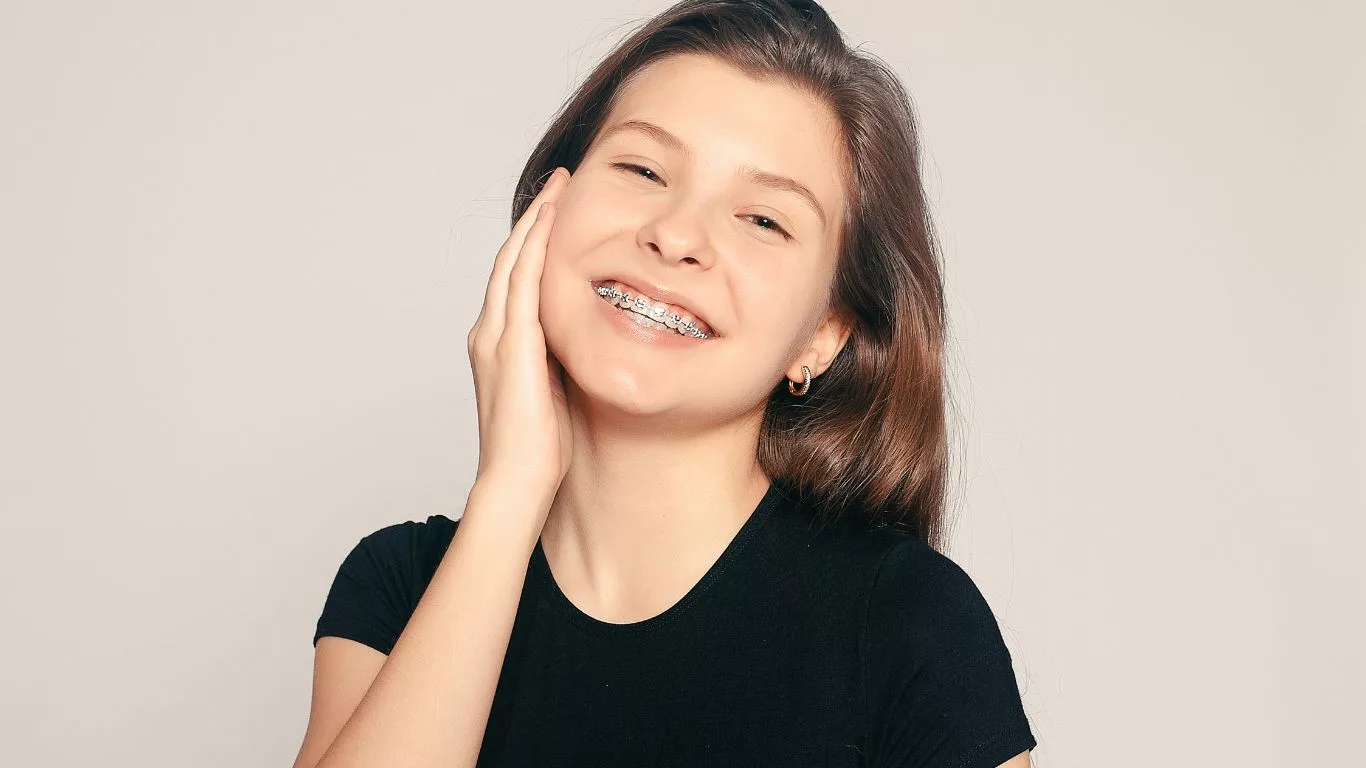
Conclusion
While potato chips might be a tempting treat, they are generally not recommended for those with braces due to their potential to cause damage and contribute to plaque buildup. Opting for softer, less abrasive snacks can help protect your braces and maintain oral health. Remember to practice good oral hygiene and consult with your orthodontist if you experience any issues or have questions about your diet.
Appendices
References
For further information on managing diet with braces, refer to these resources:
- American Association of Orthodontists (AAO). (2023). Dietary Guidelines for Braces Wearers. Read Article
- Journal of Clinical Orthodontics. (2022). Impact of Hard and Sticky Foods on Orthodontic Appliances. Read Article
- National Institutes of Health (NIH). (2023). Oral Health Tips for Braces Patients. Read Article
FAQs
Here are some frequently asked questions about eating with braces:
- Can I eat potato chips with braces? It is best to avoid potato chips with braces as they can be too hard and crunchy, potentially damaging your braces and causing discomfort.
- What should I do if a piece of potato chip gets stuck in my braces? Rinse your mouth with water and use dental floss or an interdental brush to gently remove any food particles. If you continue to have issues, consult your orthodontist.
- What are some safe snack options for braces wearers? Soft fruits, cut vegetables, and baked chips are generally safer options. Choose snacks that are less likely to damage your braces and are easy to clean from between your teeth.
Related Table
Here’s a summary table of snack options and their suitability for braces:
| Snack Type | Risk Level | Recommendation |
|---|---|---|
| Potato Chips | High | Avoid |
| Baked Chips | Moderate | Enjoy in moderation |
| Vegetable Sticks | Low | Safe option |
| Soft Fruits | Low | Safe option |
| Soft Nuts and Seeds | Low | Safe option |
Disclaimer: The information provided in this article is for educational purposes only. It is not a substitute for professional dental advice, diagnosis, or treatment. Always consult your orthodontist or dental professional with any questions you may have regarding braces and diet. Never disregard professional advice or delay in seeking it because of something you have read in this article. Reliance on any information provided is solely at your own risk.

Camellia Wulansari is a dedicated Medical Assistant at a local clinic and a passionate health writer at Healthusias.com. With years of hands-on experience in patient care and a deep interest in preventive medicine, she bridges the gap between clinical knowledge and accessible health information. Camellia specializes in writing about digestive health, chronic conditions like GERD and hypertension, respiratory issues, and autoimmune diseases, aiming to empower readers with practical, easy-to-understand insights. When she’s not assisting patients or writing, you’ll find her enjoying quiet mornings with coffee and a medical journal in hand—or jamming to her favorite metal band, Lamb of God.

